FIRST TEN ZEN
It's said that producers and executives often know whether or not they will pass on a script by the time they finish reading the first ten pages, which is why it is imperative that our scripts open strong. It is not enough to be error-free in terms of grammar and punctuation (though they, too, should be immaculate), but your protagonist and his/her/their goal should be introduced in a memorable and compelling way that helps set the tone for the story. These preliminary pages are also your opportunity to show off your skills, talents, and style as you establish your world and theme — but remember — you may only have ten pages to do it. (No pressure!)
"Writing is rewriting," as the old adage goes, and this is great practice for writers of any genre or experience level. (If you haven't already, be sure to catch Fred Trujillo's What is a rewrite? for a step-by-step guide!) But, one of the most essential and often-neglected parts of writing is reading. Before you begin your next screenplay, I recommend analyzing at least one script in the same genre that you're writing. Pay attention to the pacing, the information that's conveyed, and how that info is delivered (and received) by the characters and the script's audience. Your first ten pages may be completely different in style or content than the script you read. However, knowing what works well and does not work well will steer you toward making stronger choices, and may even boost your confidence when it comes time to lay it all out on the page.
Fortunately, there are many resources available to help you construct your masterpiece. Everything from workbooks to templates can be found or ordered online to help you get started, but I find that researching successfully produced screenplays is a great way to see how the pros do it — especially if the films are still popular today. When selecting scripts to read, I find it's just as beneficial to read both critically acclaimed and panned works; you may learn just as much from unsuccessful scripts as you do from the ones that knock it out of the park. Challenge yourself to dissect the first ten pages and try to determine why they didn't work and what you, as a screenwriter, may have done differently. For an added bonus, I challenge you to read two drafts of the same script to see how it was improved (specifically the first ten pages), and if anything was lost in the process.
Comparing script drafts is similar to watching deleted/extended scenes on a movie's DVD or Blu-Ray disc. There are times that a scene will be cut shorter or left on the cutting room floor due to time constraints, but sometimes it is because the information has already been stated or is no longer relevant. There have likely been times when you watched a deleted scene and decided that it was the right decision to cut it, because it didn't offer anything to the film, but there are also times when you may find a deleted scene that's so great, you wish it had been included in the final cut. Sometimes a director's commentary track will explain why the scenes were snipped, and other times you're left to ponder the reason for yourself. I prefer to do both, as the former can teach you something about the director's perspective, and the latter can challenge your problem-solving skills as a writer.
If you have a strong vision of your story, then it deserves to be told from FADE IN: to FADE OUT. But writing a script that deserves to be read is a feat in itself. Fortunately, a wealth of knowledge exists in script pages printed since the art form was invented, and many are easily accessible. Take a look at sites like TheScriptLab or The Internet Movie Script Database and see what you can find to help you prepare for your next work of art. Happy reading!

